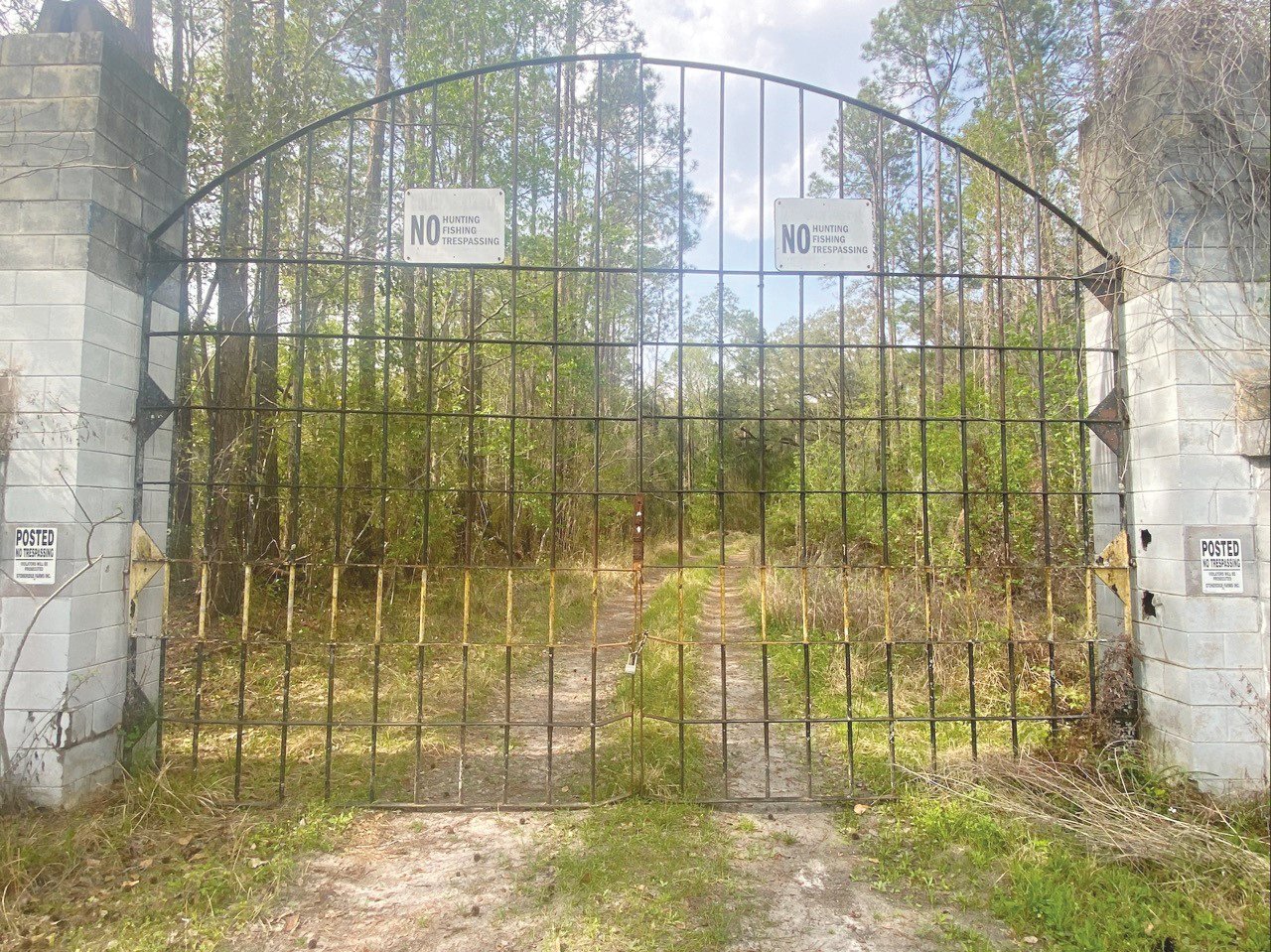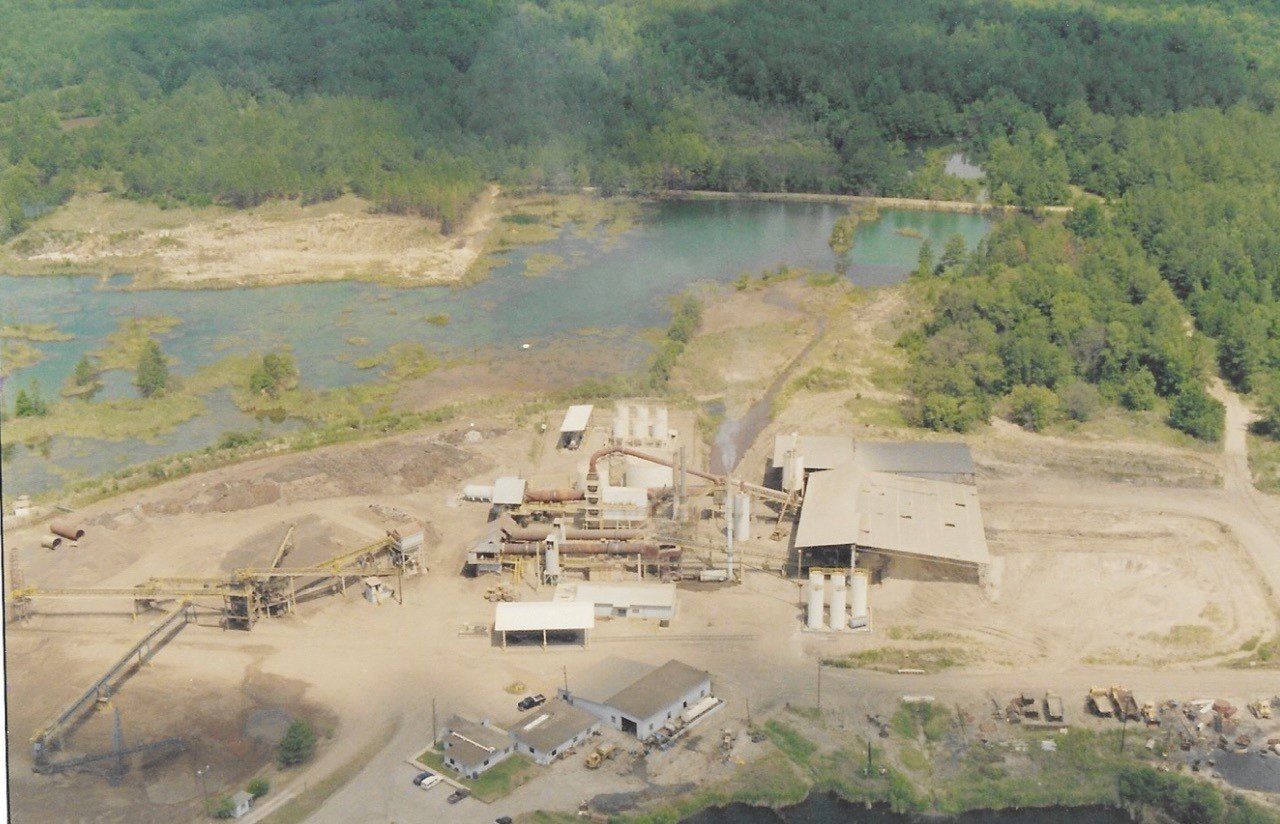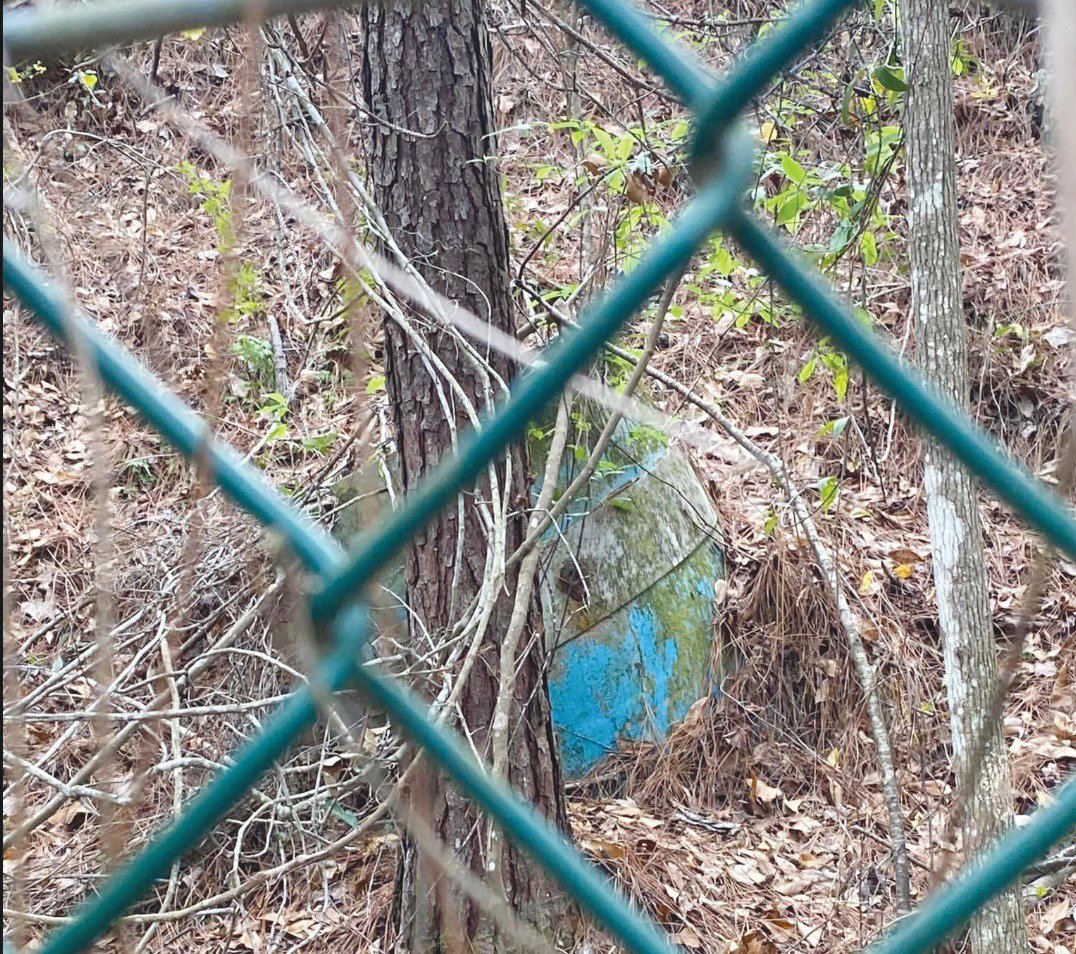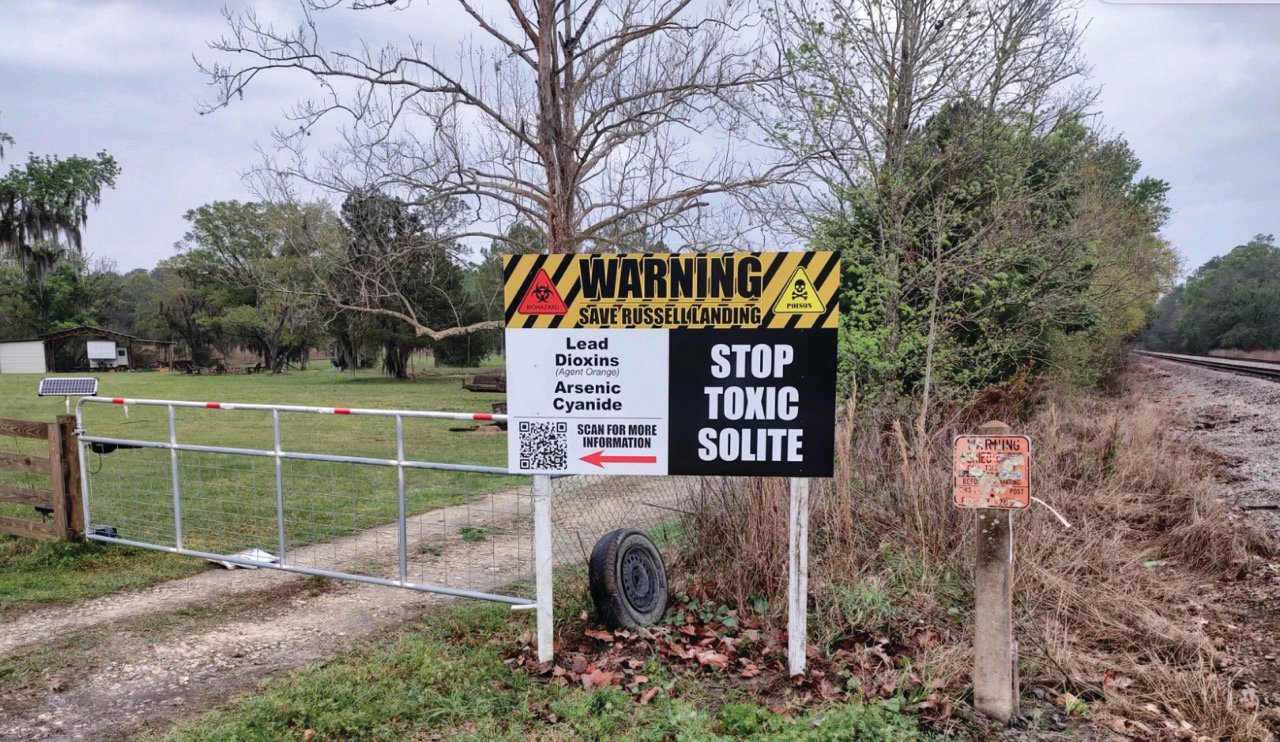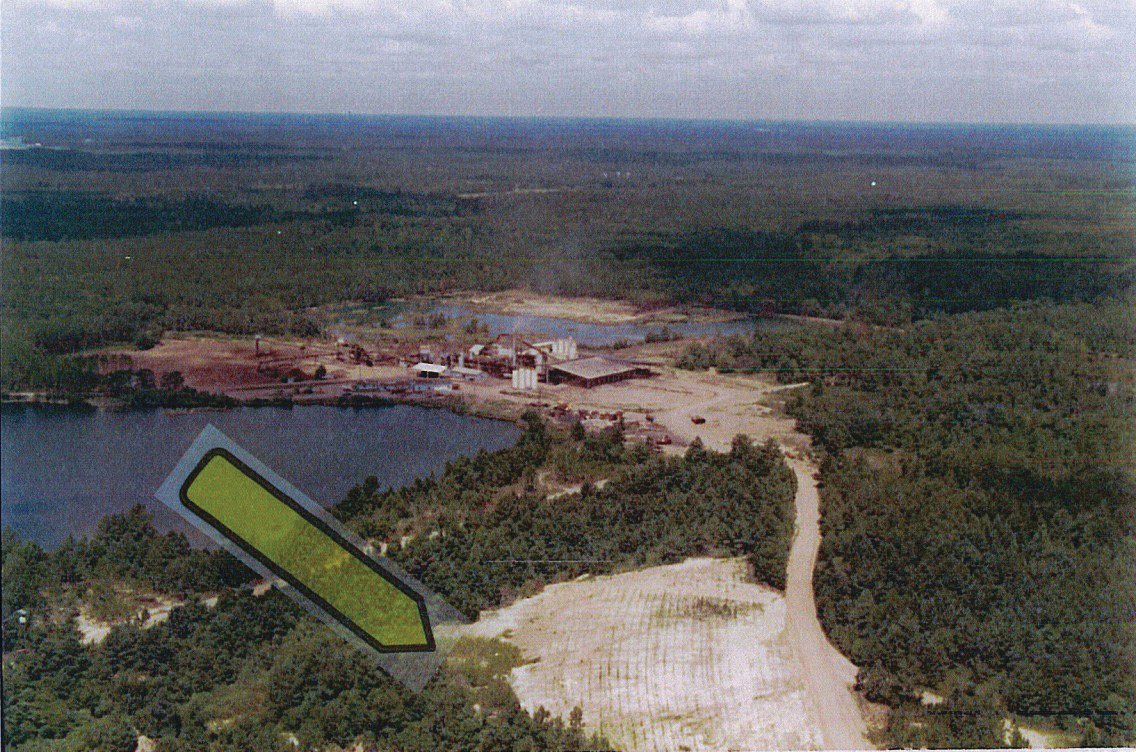Solite site still haunts Lake Asbury residents 27 years after it closed
LAKE ASBURY – In the 1950s, Solite opened on the north side of County Road 209-A. In 1996, the aggregate kiln company closed.
Solite may have left Clay County, but its effects still haunt some …
This item is available in full to subscribers.
Attention subscribers
To continue reading, you will need to either log in to your subscriber account, or purchase a new subscription.
If you are a current print subscriber, you can set up a free website account and connect your subscription to it by clicking here.
If you are a digital subscriber with an active, online-only subscription then you already have an account here. Just reset your password if you've not yet logged in to your account on this new site.
Otherwise, click here to view your options for subscribing.
Please log in to continueDon't have an ID?Print subscribersIf you're a print subscriber, but do not yet have an online account, click here to create one. Non-subscribersClick here to see your options for subscribing. Single day passYou also have the option of purchasing 24 hours of access, for $1.00. Click here to purchase a single day pass. |
Solite site still haunts Lake Asbury residents 27 years after it closed
LAKE ASBURY – In the 1950s, Solite opened on the north side of County Road 209-A. In 1996, the aggregate kiln company closed.
Solite may have left Clay County, but its effects still haunt some residents.
Since then, the plant has caused continual health and quality of life problems for residents, even to this day, 27 years later.
The plant reportedly practiced illegal and egregious health and safety practices like using hazardous materials to speed up burn processes while not requiring employees to wear protective gear or warning them of the effects. They were accused of dumping hazardous materials like jet fuel and hospital biohazards and dumping and hiding barrels on the property.
Some residents who have lived near or worked at the former Solite report numerous health defects.
Christine Robertson, a frequent visitor to her brother’s property near the plant, swam in, drank water and ate fish from the lake. Her son, born with Spina bifida, died of defect and pain in 1996. She believes that Solite is to blame.
Nearby resident Micheal Zelinka’s mother lived one mile from the plant and had breast cancer. Zelinka, who had a heart attack in his 20s, said that doctors found high arsenic levels in his blood.
Zelinka and Robertson aren’t the only ones who are deeply concerned.
Several residents approached the last Board of County Commissioners meeting to lament the plant’s health and quality of life issues. A continuation of a June 2018 Planning Commission debate was represented by Susan Fraser, who formerly served as the head of the planning department for the Clay County government.
The parcel was denied for a residential re-zoning as part of what would have become part of the Lake Asbury Master Plan if adopted and allowed a maximum of three homes an acre.
Beyond the entourage of health effects, several believe caused by Solite, residents are now concerned about the damning effects that could be in store for the surrounding community if future blueprints were to break ground on the 900-acre parcel.
Development is a fact of life in the Lake Asbury community. Some are highly concerned about the potential effects that could be wrought if shovels break ground if the property of the former plant was re-zoned.
Joan Starnes, a nearby resident, said she wouldn’t feel safe until the property, where tests already found arsenic, lead and cyanide in the soil on a 200-acre section of the former plant, undergoes an independent, third-party testing process.
“If any of the chemicals are disturbed in the soil, they could go airborne. We don’t feel that it is safe for the property to be (worked on) until it is properly tested,” she said.
Starnes isn’t the only one who wants to see a third-party agency perform a complete and unbiased test.
Commissioner Kristen Burke is among those doing all possible to try to step in with a helping hand at the former plant. She lives in the area and believes an independent test should be completed.
While the property wouldn’t be allowed for development unless it was re-zoned, it’s still possible chemicals could be released into the air if a development transaction progressed.
“Our concern is that they will put it in names with no funding, take down the trees, disturb the soil with excavation, and then leave after they make the money off of that. Then, the county taxpayers will be left with the burden of dealing with the contaminated property,” Burke said.
The commissioner said that no one could stop the sale of the property. However, by upholding a consent order still in place, the Florida Department of Environmental Protection would hold Solite responsible for paying for proper testing and clean-up.
Burke said Stoneridge Farms is attempting to sell the parcel to Michael Danhour, who was present at the 2018 meeting alongside Fraser. In a phone call, the commissioner said the Florida DEP confirmed the information two weeks ago.
She said the DEP confirmed that Danhour and Stoneridge had correspondence about the August and November 2022 sale.
Burke said she, Florida Sen. Jennifer Bradley and County Attorney Courtney Grimm are working to confirm that the property won’t be developed until a review is conducted.
Also, new evidence presented by three former employees during a recent phone call Burke, Grimm, County Manager Howard Wannamaker and the DEP confirms a link between the former Solite plant and health issues.


